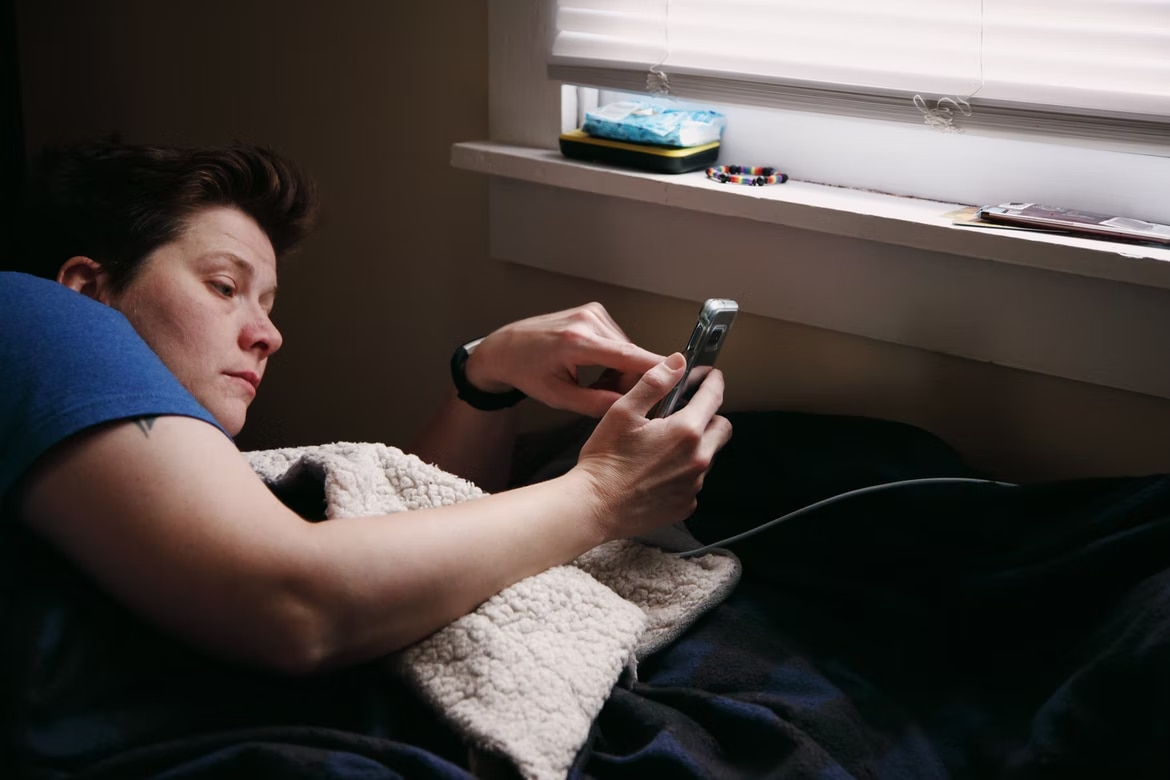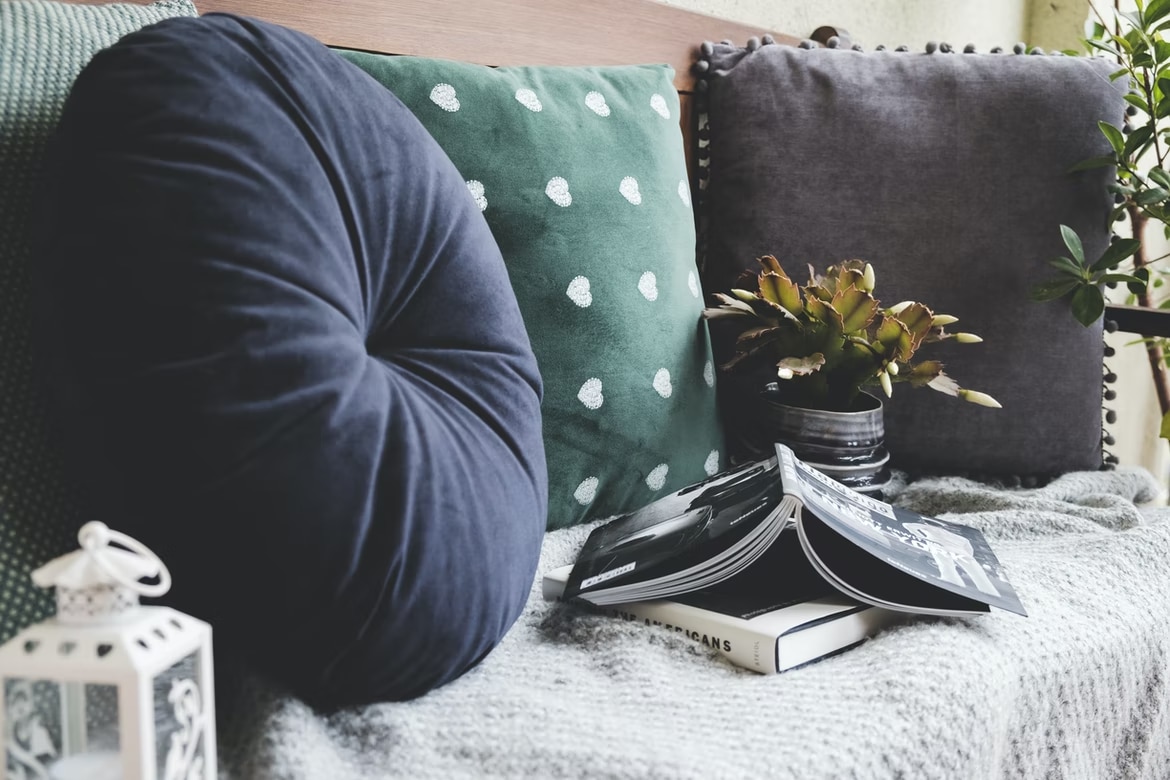We spend roughly a third of our lives sleeping. Yet most of us know little about sleep. We may be unable to tell fact from fiction when it comes to the most common sleep myths.
So let’s tackle some sleep myths head on…
Sleep myth #1: Not everyone needs 8 hours sleep
Claims that you can function on 4 hours sleep are widespread - they have even come from world leaders and CEOs.
But research has shown that almost all adults need between 7 and 9 hours of sleep every night.
Insufficient sleep can lead to a host of health problems and have a hugely negative impact on many bodily functions, including the immune system, your metabolism, hormone production and mental health.
It is also a myth that the body can get used to surviving on less sleep. Although you might feel as though you are overcoming the tiredness, your body may not be functioning properly.
A very small number of people - we’re talking 1 in 4 million people - have a “short sleep” gene which allows them to experience a full night’s sleep in 4 to 6 hours. However this is exceptionally rare and for most people the body cannot function properly on this little sleep.
The reality:
Almost all adults need between 7 and 9 hours of sleep every night to keep their body functioning properly. Even if you don’t feel tired, your body won’t have had the downtime it needs to function and repair.
Sleep myth #2: The body clock is made up
Sleeping for enough hours is not all that matters. When you sleep is also important.
Your body’s circadian rhythm - or body clock (yes, it’s real!) - is aligned with your environment and with light. Sleeping at night (and waking in the daylight) can improve the quality of your sleep.
Sleeping and waking inline with your body clock can leave you feeling more refreshed and less groggy. It can also have a ton of health benefits, from maintaining cardiovascular function and your metabolism to improving your mood and concentration.
The reality:
The body clock is very real and sleeping inline with your body’s circadian rhythm can vastly improve your sleep quality.
Sleep myth #3: It’s fine to keep your smartphone by your bed

As tempting as it might be to keep your phone at arms reach in the night, it’s better avoided.
Research has shown that using your smartphone before bed can have a negative impact on the quality of your sleep and your mood.
That pre-sleep social media scrolling, the last check of your work emails and your news doom-scrolling not only impact your mental health, they are actually making you more tired.
The blue light emitted by your digital devices can make it harder to fall asleep and reduce the quality of your sleep when you do drift off. Blue light hinders the production of melatonin, which regulates your body clock.
The reality:
Avoid all digital screens at least an hour before bed. This will help to protect your sleep from the effects of blue light exposure.
Sleep myth #4: Hitting the snooze button lets you get more sleep
While hitting snooze will help you to sleep for more time, it won’t improve the quality of your night’s sleep or help you feel less tired.
As morning arrives, your body has already started the process of waking up.
Before your alarm goes off, you will be in the last stage of sleep - the rapid eye movement - or dream - stage. Trying to return to this stage after being woken by your alarm will make you feel more groggy as you will have started a new cycle but not slept long enough to complete it.
The reality:
Snoozing your alarm means you will start a new sleep cycle - which you probably won’t finish. Avoid waking up mid-cycle and feel more refreshed by getting up when your alarm goes off.
Sleep myth #5: The trick to falling asleep is to stay in bed with your eyes closed
We have all, at some time, experienced difficulty getting to sleep. It might have been due to stress, discomfort or an unknown cause.
Although staying in bed with your eyes shut until you finally fall asleep might seem like a good idea, it can actually have a big negative impact.
If you repeatedly spend time in bed struggling to sleep, you will begin to associate your bed with the frustration, irritability and restlessness. This can build up over time and actually contribute to insomnia.
Instead, after trying to sleep for 20 minutes, just get up. Try doing something relaxing, like reading, taking a bubble bath or meditating. This will help to slow down your racing thoughts and reduce your frustration.

When you start to feel sleepy again, go through the motions of getting ready for bed. Turn down the lights. Try listening to a natural soundscape to soothe your mind. Now get into bed.
If you still can’t sleep after another 20 minutes, repeat the process.
Just remember to avoid digital devices and their pesky blue light!
The reality:
Staying in bed when you are struggling to sleep can lead you to associate your bed with frustration and sleeplessness. Get up and do something relaxing before trying to sleep again.
Staying informed about how to get a quality night’s sleep - and avoiding those common sleep myths - can help you to reduce tiredness, improve your body’s functionality and boost your mood.